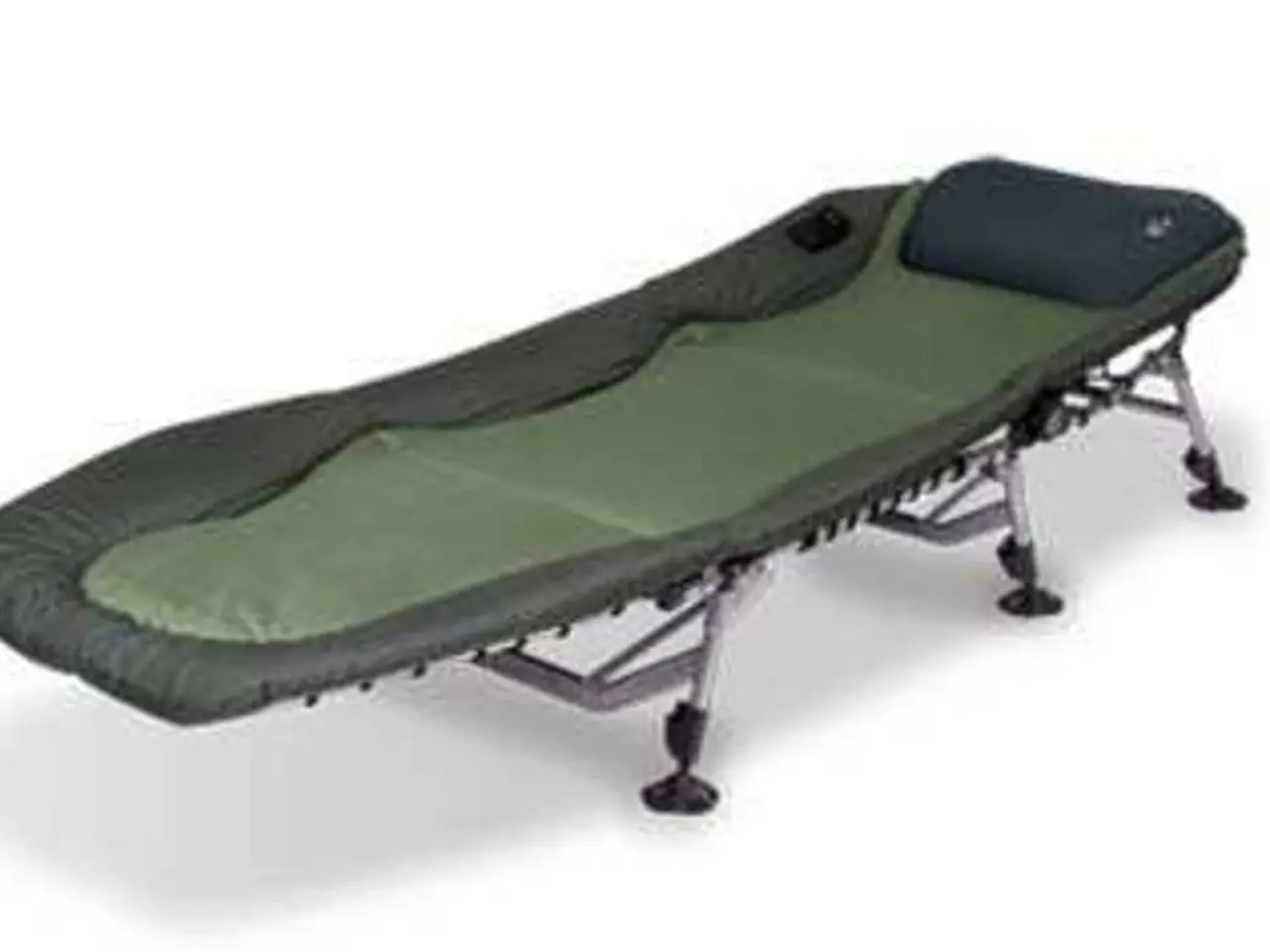Strategies for Enhancing Shoulder Flexibility for Alleviation of Discomfort
Shoulder pain can be a bothersome issue, often caused by factors such as muscle imbalances, poor posture, overuse, or injury. To alleviate this discomfort and improve overall shoulder function, there are several methods you can try at home.
Firstly, it's essential to maintain a controlled manner when performing stretches, ensuring movements do not cause pain or discomfort. Seek guidance from a qualified fitness professional to ensure proper form and technique. Some effective stretches for improving shoulder flexibility include shoulder rolls, arm circles, behind-the-back stretch, shoulder extension, and overhead stretch.
Improving shoulder flexibility can help reduce pain and restore range of motion. Other exercises that target specific shoulder muscles include YTWL Exercises, where you lift your arms off the ground in Y, T, W, and L positions, and repeat for 10-15 reps for each position. Wall Slides, Push-ups, Shoulder External Rotations with a resistance band, and Scapular Retraction can also be beneficial.
In addition to exercise, rest and recovery are crucial for healing and preventing further damage. Give your shoulders enough time to rest between activities that may aggravate the pain.
When it comes to managing pain, Cold Therapy and Heat Therapy can provide temporary relief. Cold Therapy involves applying an ice pack or a bag of frozen vegetables wrapped in a towel to reduce inflammation, while Heat Therapy involves applying a heat pack or warm towel to relax muscles and increase blood flow.
Posture correction is another important factor in shoulder health. Practice good posture habits to avoid slouching or hunching over, as this can contribute to shoulder pain and restrict flexibility.
For those with persistent or severe shoulder pain, or for those requiring a more personalized treatment plan, it's advisable to consult a healthcare professional. The Shoulder Center in Klinik Mallersdorf, for example, offers expertise from specialized orthopedic surgeons and trauma surgeons with extensive experience in modern shoulder surgery.
Lastly, massage and manual therapy can provide targeted relief and improve flexibility when performed by a qualified massage therapist or physiotherapist. Remember, the key to a pain-free shoulder is a combination of exercise, rest, and professional care.
Read also:
- Abu Dhabi initiative for comprehensive genetic screening, aiming to diagnose over 800 conditions and enhance the health of future generations in the UAE.
- Elderly shingles: Recognizing symptoms, potential problems, and available treatments
- Protecting Your Auditory Health: 6 Strategies to Minimize Noise Damage
- Exploring the Reasons, Purposes, and Enigmas of Hiccups: Delving into Their Origins, Roles, and Unsolved Aspects





